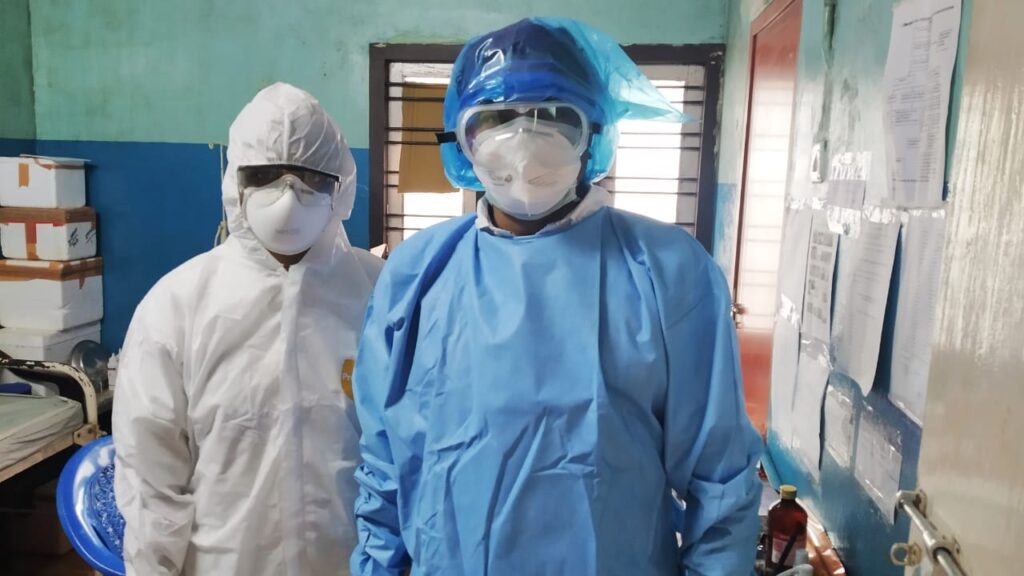
When India’s second COVID-19 wave hit, it sent the nation reeling. Hospitals were overwhelmed. Vaccine exports were halted to accommodate those at home. People took to social media to beg for supplies of vital medical equipment such as medical oxygen amidst shortages. To consider the prospect of a third wave right now may seem to some as premature. But, according to the country’s chief scientific advisor, a third wave is inevitable.
Principal scientific advisor K. Vijay Raghavan issued the grim warning, as the country recorded on Thursday a world record in the number of COVID-19 deaths in a single day – 6,148 fatalities. The state of Bihar revised its own fatality statistics to accommodate the finding of 3,929 hitherto unreported deaths due to the novel coronavirus, following a missive from the Patna High Court.
The COVID-19 crisis in India has been compounded by the harsh reality that the country’s immunisation campaign, once forecast by Prime Minister Narendra Modi to be the world’s largest, has stalled. Modi recently announced free vaccinations for all over the age of eighteen and a more federalised approach to India’s inoculation campaign – a move experts welcomed. Nonetheless, the third wave is believed to be coming – and we must be prepared.
Arvind Subramanian, writing in The Indian Express, rightly points out that vaccines must be at the centre of the approach going forward. “On any realistic assumption about the supply of vaccines, India will face significant shortages over the next 6-12 months,” he writes. “That is unfortunately a sad and brutal reality. Still, allocating the limited vaccine supply in a rational, targeted way could help India save tens of thousands of lives and help prevent a deadly third wave.
“Currently, vaccine supply and allocation are chaos-ridden with multiple decision-makers, uncertainty about rules, contradictory messaging, etc, all of which only aggravate the underlying problem of vaccine scarcity. Centralisation or rather re-centralisation of the policy effort is a must as Naveen Patnaik, Chief Minister of Odisha, has recently proposed. And, as I have argued, vaccines should be free for all, regardless of where it is provided or received, and the costs must be borne by the Centre.” This rings close to what Prime Minister Modi subsequently announced.
The second wave is, as Subramanian points out, “receding.” Nonetheless, complacency is a luxury we cannot afford. The State Bank of India (SBI) issued a report earlier this month, warning the third wave portends to be as vicious as the second – one which took the country by storm and shocked the world. Nonetheless, the SBI said, the damage can be mitigated.
“If we are better prepared, the decline in serious case rate (patients that require oxygen, intensive care unit beds, etc) will lead to fewer deaths,” the SBI states. “We find that if serious cases decline from twenty percent to five percent (due to better health infrastructure and rigorous vaccination) in the third wave, the number of deaths in the third wave could significantly reduce to 40,000, as compared to the current deaths of more than 0.17 million.”
The lesson of COVID-19 has been, for many nations, that we neglect healthcare infrastructure at our peril. To felicitate our healthcare workers is one thing – but to effect meaningful, rational change and adequately fund and resource those to whom we entrust our lives and/or the lives of those we love is quite another. India has long languished under the crushing weight of inadequacies, inconsistencies, and inequities in its healthcare system. COVID-19 must be the black swan event to change how we perceive our healthcare delivery systems and work towards a sustainable, well-funded, and well-functioning apparatus which delivers on the universal right that is health for all.

